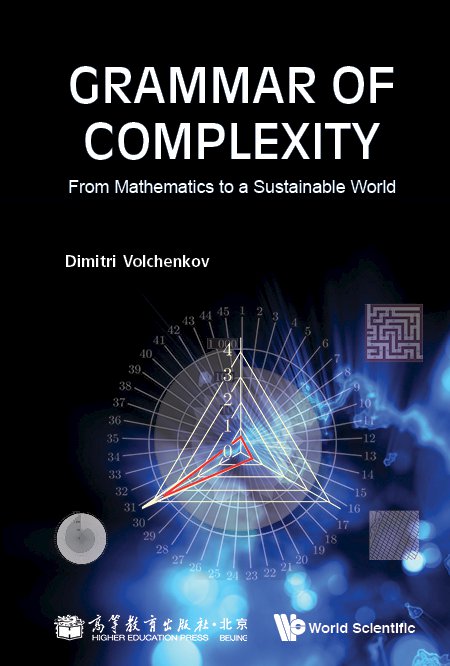Chapter 8: Complexity of Musical Harmony
Studies of Markov chains aggregating pitches in musical pieces might provide a neat way to efficient algorithms for identifying musical features important for a listener. Robust recommendation engines for appreciating and predicting the musical taste of customers might have an immense economic value for the internet-based economy.
In this chapter, we report some results on the Markov chain analysis of Musical Dice Games (MDG) encoded by the transition matrices between pitches in the MIDI representations of the 804 musical compositions attributed to 29 composers: J.S. Bach (371), L.V. Beethoven (58), A.Berg (7), J. Brahms (8), D. Buxtehude (3), F. Chopin (26), C. Debussy (26), G. Fauré (5), C. Franck (7), G.F. Händel (45), F. Liszt (4), F. Mendelssohn-Bartholdy (19), C. Monteverdi (13), W.A. Mozart (51), J. Pachelbel (2), S. Rachmaninoff (4), C. Saint-Saëns (2), E. Satie (3), A. Schönberg (2), F. Schubert (55), R. Schumann (30), A. Scriabin (7), D. Shostakovich (12), J. Strauss Jr. (2), I. Stravinsky (5), P. I. Tchaikovsky (5), J. Titelouze (20), A. Vivaldi (4), R. Wagner (8). The MIDI representations of many musical pieces are freely available on the web [Mutopia Project].



